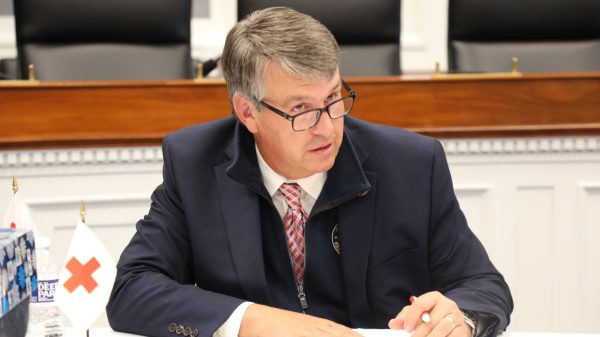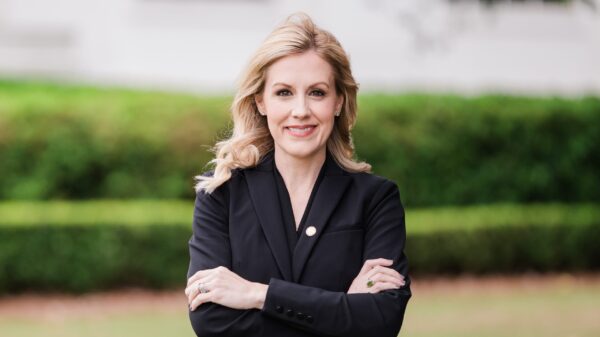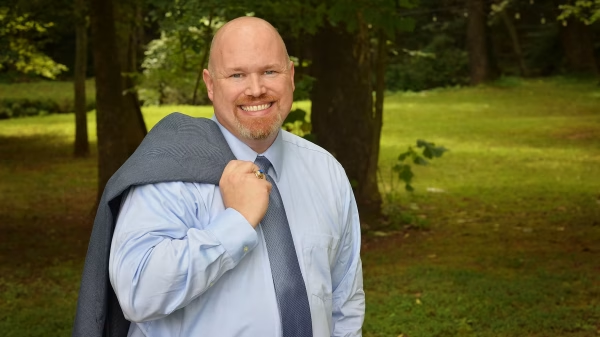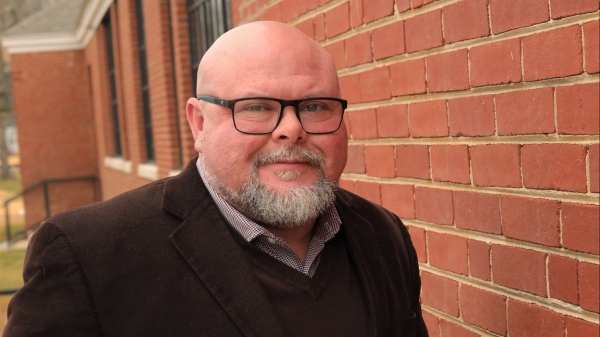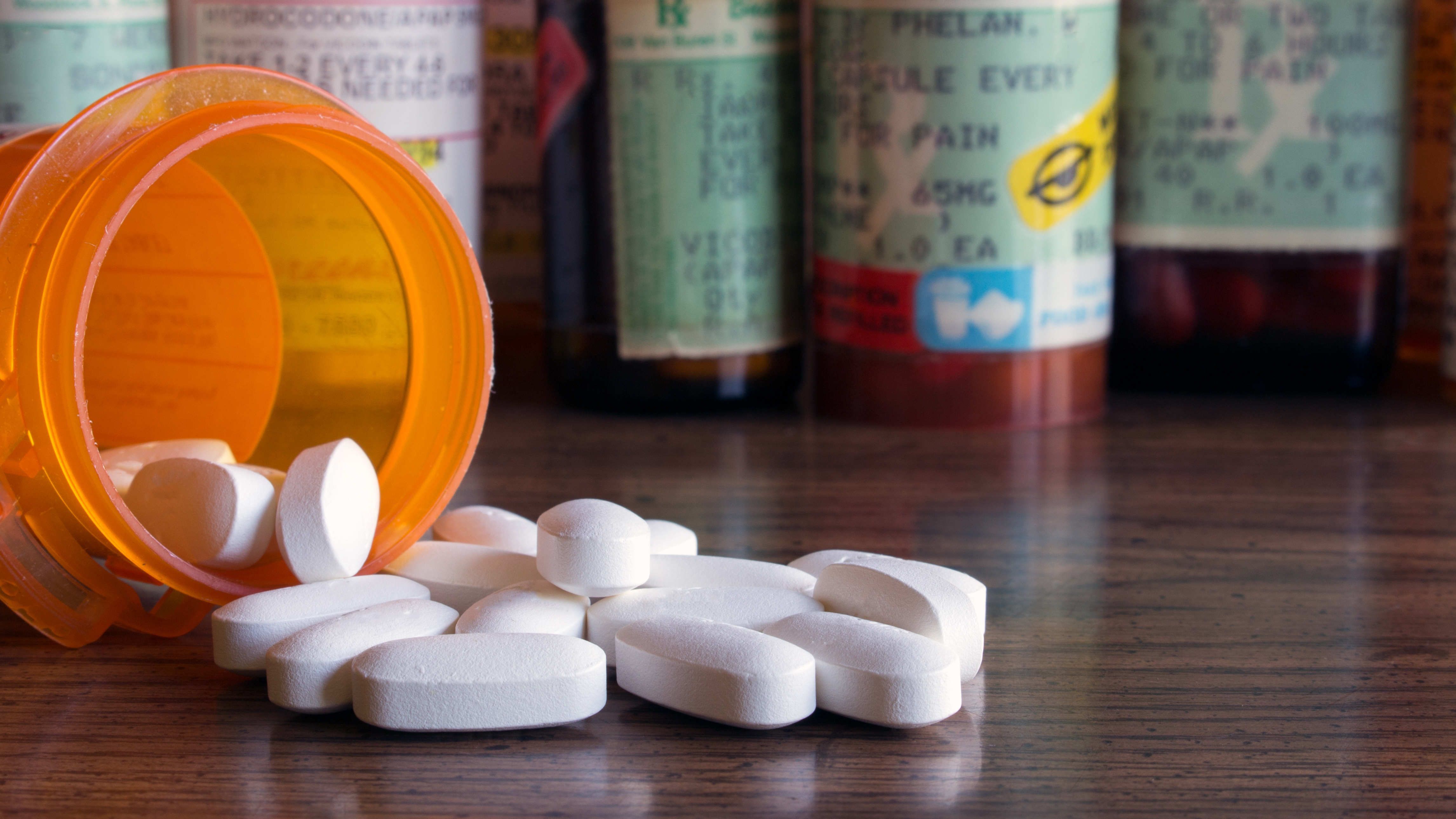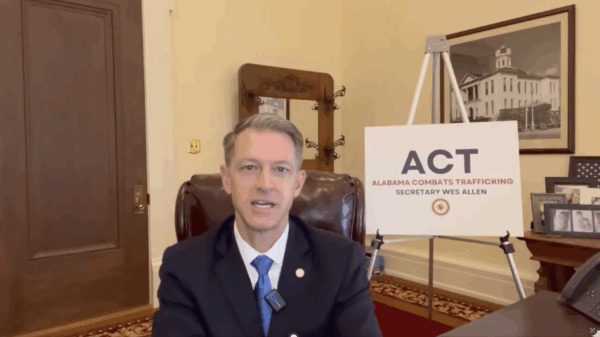Tuesday, August 31 marks Overdose Awareness Day across the globe. This annual international campaign brings much needed attention to a topic that is critical for Alabama, touching every community in our state regardless of zip code.
This is a crisis that is personal for so many Alabama families; the victims are moms and daughters, sons and fathers, grandchildren and friends, and colleagues and neighbors.
To those struggling with substance abuse, know that you are not alone and that there are resources and people out there to help you. Addiction is not a failing; it is a treatable illness from which you can recover.
Preliminary numbers show that our state experienced 980 drug overdose deaths in 2020, an increase of about 27 percent from 2019. These numbers suggest the pandemic had a significant negative effect on overdoses, as numbers had actually dipped slightly from 2018 to 2019.
One trend that is clear, pandemic or not, is that the opioid epidemic is the primary driver of overdoses in Alabama. Nearly half of the 775 reported drug overdose deaths in Alabama involved opioids in 2018. Last year, that percentage actually ticked up, with 581 of the 2020 drug overdose deaths being opioid-related.
While Alabama continues to lead the nation – and not in a good way – in opioid use per capita, the state’s numbers have been improving in recent years. In 2012, Alabama recorded 143.8 prescriptions per 100 residents – yes, 1.4 prescriptions for every man, woman, and child in our state – and in 2016 that had fallen to 121 prescriptions per 100 residents. This further dropped to97.5 opioid prescriptions for every 100 people in 2018. However, while the trend line looks positive, we’re still a long way from good – Alabama still has the highest such rate in the United States at almost twofold greater than the national average.
Elected officials on the state level have taken steps in recent years to move the needle in the right direction. This includes the collaborative efforts of the Governor’s Alabama Opioid Overdose and Addiction Council, with key contributions from the Alabama Department of Mental Health and the Alabama Department of Public Health.
As we continue to combat this crisis, part of the effort must include holding bad actors responsible for their roles in creating this noxious problem. We must also emphasize that there is no shame in getting help for substance abuse disorders or addiction, as the ongoing anti-stigma campaign “Stop Judging, Start Healing” does.
Help is available for those struggling with substance use through a free 24/7 substance use helpline at 1-844-307-1760. This is a statewide service sponsored by the Department of Mental Health and staffed by peer recovery support specialists from the Recovery Organization of Support Specialists to help individuals navigate treatment and recovery systems.
The opioid epidemic has both supply and demand components to address from a public policy standpoint, and the stakes are life and death.
On the supply side, our nation’s porous southern border under the Biden Administration is resulting in drugs pouring in from Mexico. This includes deadly opioids, such as heroin andfentanyl shipped over from China. Securing our border is a national security and humanitarian imperative.
Looking at demand, we still need to do a better job making the public aware of the terrible dangers of opioid use. In medical settings, we must also promote non-addictive treatments for those recovering from surgery as an alternative to opioids.That’s why I would support the Non-Opioids Prevent Addiction in the Nation (NOPAIN) Act in the U.S. Senate, which would do exactly that.
Finally, we must take the steps necessary to reduce the rate of overdoses that lead to death. One example to build upon is a partnership between the Alabama Department of Public Health,the Alabama Department of Mental Health and the Jefferson County Department of Health. This program developed an online training platform for individuals around the state to receive naloxone training and receive a free naloxone kit by mail. Naloxone is a life-saving medication that can reverse an opioid overdose. It is available as an easily administered nasal spray or injection, and the training takes less than 15 minutes.
Alabamians may access the training www.jcdh.org and searching naloxone. If you have questions, please email [email protected] or call 205-930-1065.
After a 2020 that saw progress reversed in combatting overdoses and overdose deaths, it is time for Alabama to recommit ourselves to fighting the epidemic of opioids and other lethal drugs. Doing so will not just save precious lives, but the consequences are felt across a wide array of everyday life in communities all over our state, from workforce strength to crime and our health care system.
I dream of a future in which no Alabamian dies from a drug overdose. Together, we will work tirelessly to make that dream come true.

